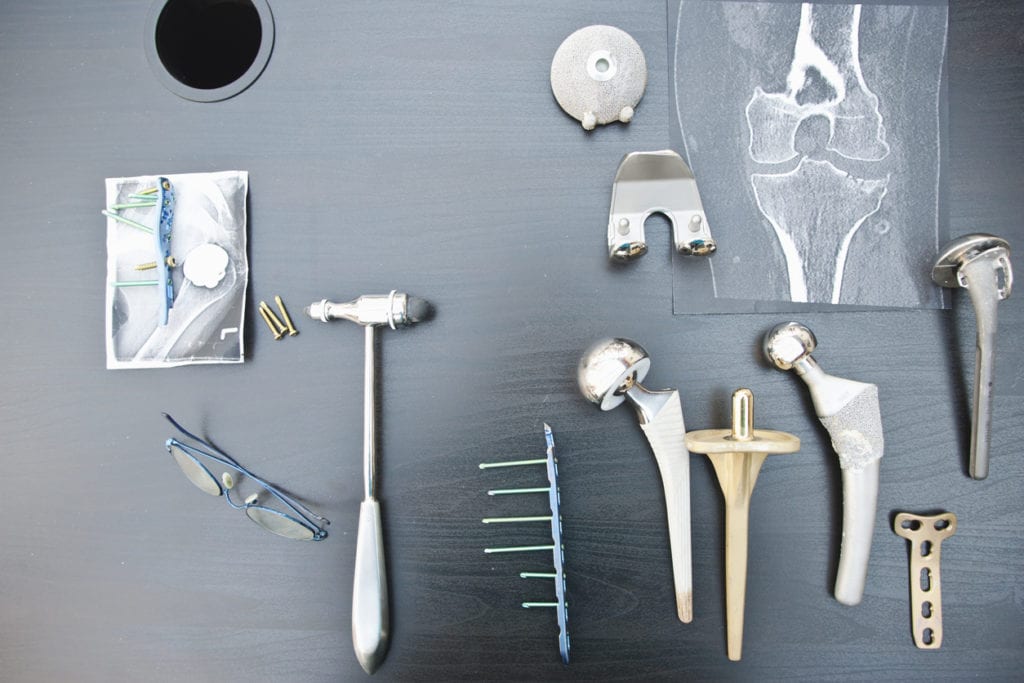When someone you love dies, you’ll hear a lot of well-intentioned suggestions: “Look on the bright side!” “Be strong for the family.” At first, it seems supportive—people are encouraging you, trying to cheer you up, or find comfort in you. After an overwhelming loss, though, it can quickly turn into pressure to hide your real grief, real sadness, and real anger, which is detrimental to your healing.
Let’s look at why the pressure to stay positive can hurt your mental health, what this pressure looks like, and what you or someone else can do instead.
How “Be Strong” Turns Into “Don’t Feel”
When you lose someone close to you, your brain and body react. You might feel numb, angry, sad, or even relieved—then guilty for feeling relieved. Many of us learn quickly that vulnerability makes people uncomfortable. Well-meaning friends, family, or coworkers often jump to, “You should be okay now, right?” or “Everything happens for a reason.” The message becomes clear: your sadness is inconvenient.
This fits into toxic positivity—the idea that you should stay upbeat no matter how bad things are. This isn’t the same as choosing hope. It’s the belief that expressing negative emotions is unacceptable, even during grief.
Because of that pressure:
- You bury how you feel so you don’t make others uncomfortable.
- You fake a smile and move on before you’re ready.
- You compare your grief and think, “Well, I’m not as bad off as they are, so I must be fine.”
Each of these delays healing.
How Suppressing Grief Is Unhealthy
When you don’t allow yourself to fully feel, your brain and body don’t process the pain—they push it aside instead.
Emotional Toll
Suppressing sadness or anger creates internal tension. You feel the loss, but you also feel like you shouldn’t. Over time, that fosters guilt, shame, and isolation. The thought “I should be over this by now” frames a natural reaction as a failure.
Mental Health Risks
Research shows that toxic positivity after loss can lead to depression, anxiety, and addiction. When you avoid expressing real emotions, you risk falling into complicated grief.
Effects on the Body and Behavior
Unspoken grief often shows up physically—chronic fatigue, headaches, stomach issues, and sleep problems. Some people turn to substances, risky behavior, or isolation to cope.
If you or someone you care about has started relying on substances to numb pain, Drug and Alcohol Rehab Pennsylvania offers recovery programs that also address mental health.
Delay in Healing
Grief has no deadline. But when you feel you must be “strong,” you rush through it. That can prevent you from accepting the loss and adjusting to a new normal, leaving you emotionally fragile when life gets hard again.
Common Signs of Toxic Positivity in Grief
Here’s how toxic positivity often shows up in conversations after loss:
- “At least they had a good life.” This dismisses the impact of the loss.
- “Everything happens for a reason.” This implies there’s no room for sadness if there’s a “lesson” involved.
- “You’re strong—you’ll bounce back.” This frames grief as weakness.
- “Look on the bright side.” This expects you to move on immediately.
- “Don’t cry. They’d want you to be happy.” This treats sadness as disrespectful.
- “Other people have had it worse.” This invalidates your grief.
These phrases might sound supportive, but they come with an expectation to stop feeling. That makes people feel like they’re failing if they aren’t happy yet.
What You Should Feel—and Why It’s Okay
After losing someone important, these reactions are normal:
- Sadness and yearning—You miss the person and the future they were part of.
- Anger or frustration—They died too soon or unfairly.
- Guilt or regret—You wish you had done something differently.
- Numbness or disbelief—Your brain is still absorbing the shock.
- Relief—In some cases, like after a long illness, relief is a valid response.
There’s no need to “be strong” right away. Letting yourself feel everything—without judgment—is a healthy part of healing.
Healthier Ways to Support Someone Who’s Grieving
If you’re supporting someone in mourning (or you’re the one grieving), here are better approaches than “stay positive.”
Listen and Validate
- Say: “I’m sorry you’re going through this.”
- Ask: “How are you doing right now?” Then listen.
- Avoid: “You’re fine. Everything happens for a reason.”
Offer Presence, Not Platitudes
You don’t need the perfect words. Just being there helps. Text them. Sit with them. Offer to help with errands. You don’t have to fix anything.
Use Honest, Hopeful Language
Hope is valuable, but it has to be real. Say: “I hope you’ll find peace when you’re ready.” Don’t say: “Cheer up! You have so much to live for!”
If someone is grieving and turning to isolation or substance use, help them connect with an Addiction Treatment Facility in NJ that understands emotional trauma.
When You’re Grieving: How to Push Back on Positivity Pressure
If you’re the one grieving and feel pushed to “be positive,” try this:
- Set boundaries—Say: “Thanks for checking in. I’m still working through things right now.”
- Name your feelings—“I’m sad.” “I’m angry.” “I miss them.”
- Let feelings happen—Grief comes in waves. Let them pass through.
- Find safe outlets—Talk to a therapist, join a support group, write, paint—whatever helps.
- Don’t numb the pain—If you notice yourself turning to alcohol, drugs, or isolation, ask for help.
- Give yourself time—Grief doesn’t end. It evolves. You grow around it.
Letting Go of Positivity Makes Room for Real Healing
When you stop pressuring yourself—or feeling pressured—to “stay positive,” you allow space for real healing. You:
- Let grief move through you
- Stop wasting energy faking strength
- Build deeper, more honest relationships
- Become more resilient by facing pain head-on
- Avoid long-term mental health issues like depression or addiction
Grief is hard. It doesn’t follow a script. You don’t need to smile through heartbreak or “move on” by next week. You don’t have to be positive. You just have to be honest about how you feel.
That’s when healing begins.






